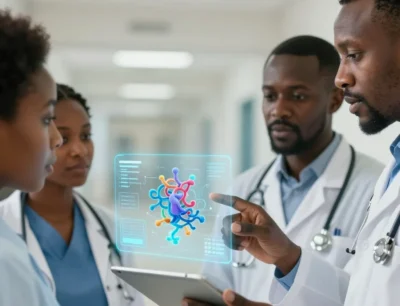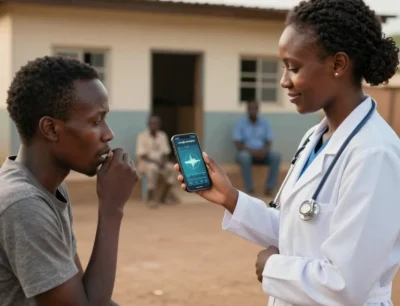Safer AI, Stronger Clinics: Turning Fundamental Research into Better Patient Outcomes
UK’s £40M frontier AI lab aims for safer, more reliable models. Here’s what it means for healthcare innovation and
Notice: Test mode is enabled. While in test mode no live donations are processed.

UK’s £40M frontier AI lab aims for safer, more reliable models. Here’s what it means for healthcare innovation and

Generate Biomedicines’ $400M IPO signals AI-designed medicines are going mainstream—what it means for trials, regula

An AIIMS study shows a cough-analyzing smartphone app could flag COPD risk fast—supporting better triage in primary ca
